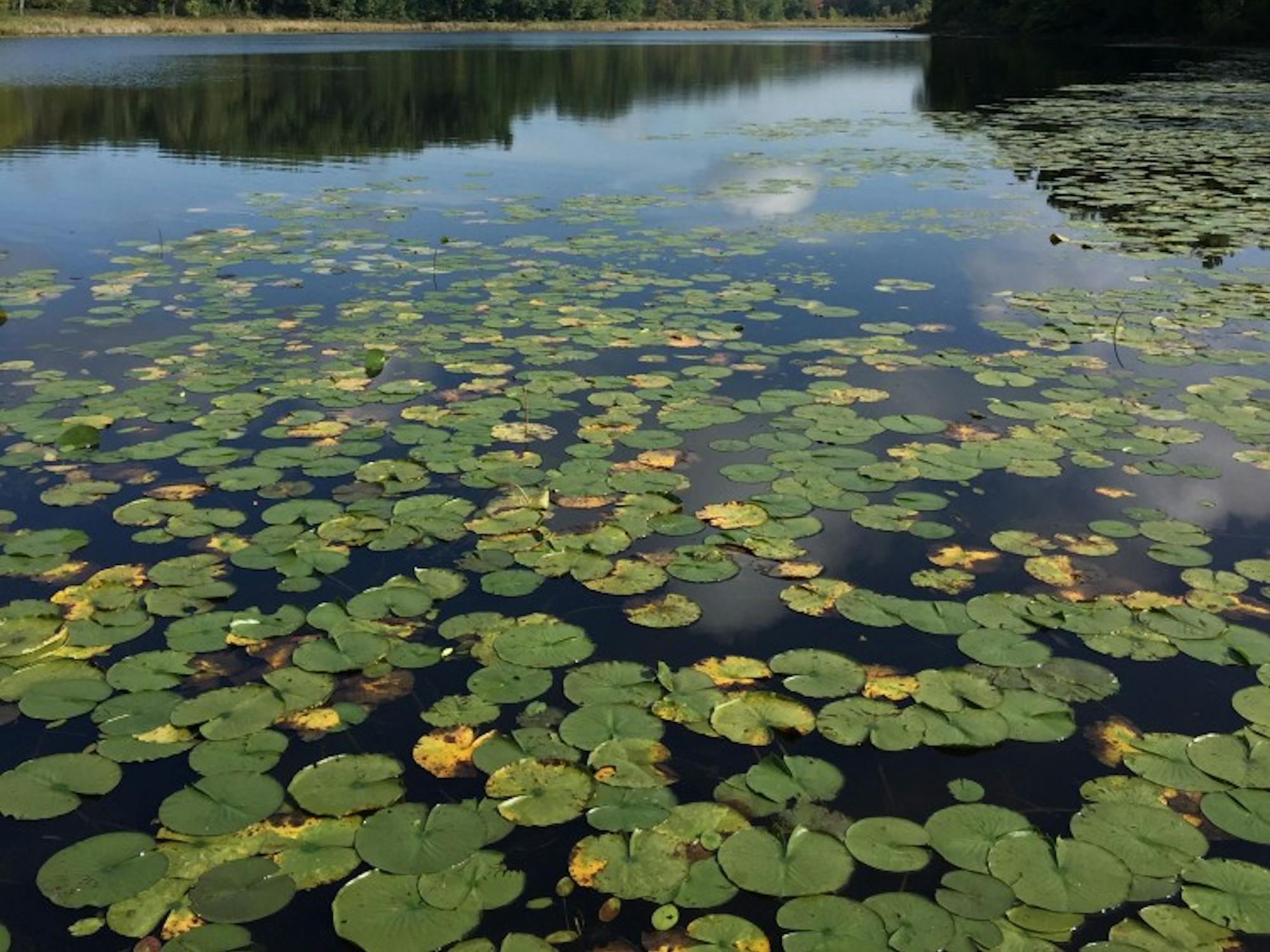Eastern Michigan University President James Smith met with Faculty Senate members on Wednesday, Oct. 12 to discuss the decision to sell EMU Kresge Environmental Center, also known as Fish Lake.
According to a broadcast by Jorge Avellan, news reporter at WEMU 89.1, EMU President James Smith told Faculty Senate members that the facility is not for sale. During this meeting Smith said that the property has been underutilized and encourages the development of appropriate programming to increase usage.
The Kresge Center, located 90 miles from EMU’s main campus, is burrowed within 240 acres of wetlands, woodlands and fields.
Influenced by this decision is professor Norbert Vance, who takes his students on trips every semester to get out of the classroom and view objects in the sky that aren’t visible in the cityscape.
“You can imagine I’m elated,” Vance said. "The property has been a part of the Astronomy Club since 1980, and I have a lot invested there including telescopes.”
For months, supporters of the property inquired about a possible sale after it was appraised at $1.4 million.
“My guess is people weren’t happy about the decision to sell,” Vance said. “From a money standpoint, it’s not particularly an expensive property to keep up.”
Because of the price of the property and its current location faculty and students believe that the property will remain with the university and continue to provide students with opportunities to learn about the study of celestial objects.
Parker Maynard, EMU senior and member of EMU’s GREEN Club, said that he along with approximately ten others comprised a commission to dissuade the board members from approving the sale.
“It was mostly a Facebook page on social media that got the attention of the students and faculty,” Maynard said. “But along with the biology department as well, the issue was forced. I’m very excited about our efforts as well.”










